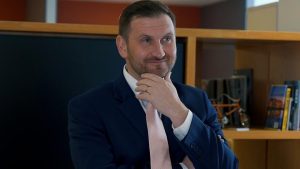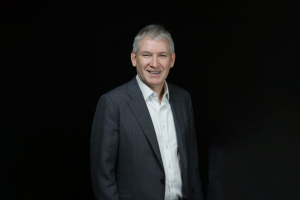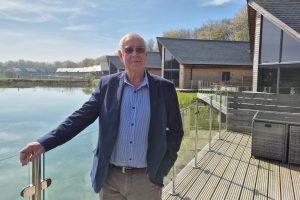Cities can drive growth, argues commission

A NATIONAL inquiry into city-led economic growth will hold its first evidence session in Manchester this morning.
The City Growth Commission (CGC), established by the Royal Society of Arts (RSA), is being led by former Goldman Sachs chief economist Jim O’ Neill.
He is being supported by the economists Diane Coyle, Greg Clark and Bruce Katz, a former adviser to President Obama who has written about the potential for cities to drive growth.
To coincide with the meeting the commission has published ‘Metro Growth: The UK’s economic opportunity’ which claims most large urban areas are in fiscal deficit, with public expenditure exceeding tax take.
The report found that Greater Manchester has a shortfall of £4bn–5bn – equal to roughly £2,000 per person per year, yet there is little scope for change as more than 90% of all tax is collected by central government.
Mr O’Neill said: “Metros – city centres and their wider economic areas – are driving growth globally. The UK has the seventh largest economy in the world but we face huge international competition. The City Growth Commission will hear from a range of people within Greater Manchester – and other cities thereafter – about the mix of powers, incentives and responsibilities needed to compete in the global economy.”
The RSA’s Ben Lucas said: “It is increasingly clear that our centralised political economy is no longer fit for purpose. Unless we change our approach, we’ll be running to catch up with the long term costs of our ageing population. Metro Growth shows that UK cities will need to maximise their skills base and other assets if they are to drive up productivity and growth. Public service reform is a critical part of this.”
More powers are being delegated to the UK regions by central government in the form of its City Deals, and Manchester has been at the vanguard of the devolution debate, pulling together with borough councils to form a combined authority that gives it more clout.
The City Growth Commission runs for 12 months. It will seek to influence political parties in the run up to the next election, and make the case for cities to take on new political powers.







